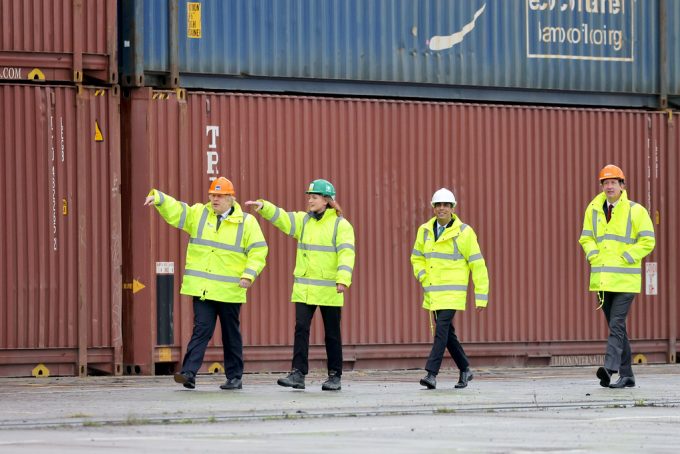Bifa completes regional team with appointment of Chris Curtin
The British International Freight Association (Bifa) has appointed Chris Curtin as its regional consultant representative ...

The UK cross-party Business and Trade Committee has demanded the government “urgently improve” governance and transparency at freeports and investment zones.
Freeports and investment zones are a geographical area with preferential tax breaks and business rates for firms that operate inside them. The primary goal of a freeport is to encourage trade and economic growth.
August 2019 saw the announcement of the creation of several new freeports across the UK that began operations in 2021. There are no ten: East Midlands Airport; ...
Asia-USEC shippers to lose 42% capacity in a surge of blanked sailings
USTR fees will lead to 'complete destabilisation' of container shipping alliances
New USTR port fees threaten shipping and global supply chains, says Cosco
Outlook for container shipping 'more uncertain now than at the onset of Covid'
Transpac container service closures mount
DHL Express suspends non-de minimis B2C parcels to US consumers
Zim ordered to pay Samsung $3.7m for 'wrongful' D&D charges
Flexport lawsuit an 'undifferentiated mass of gibberish', claims Freightmate

Comment on this article